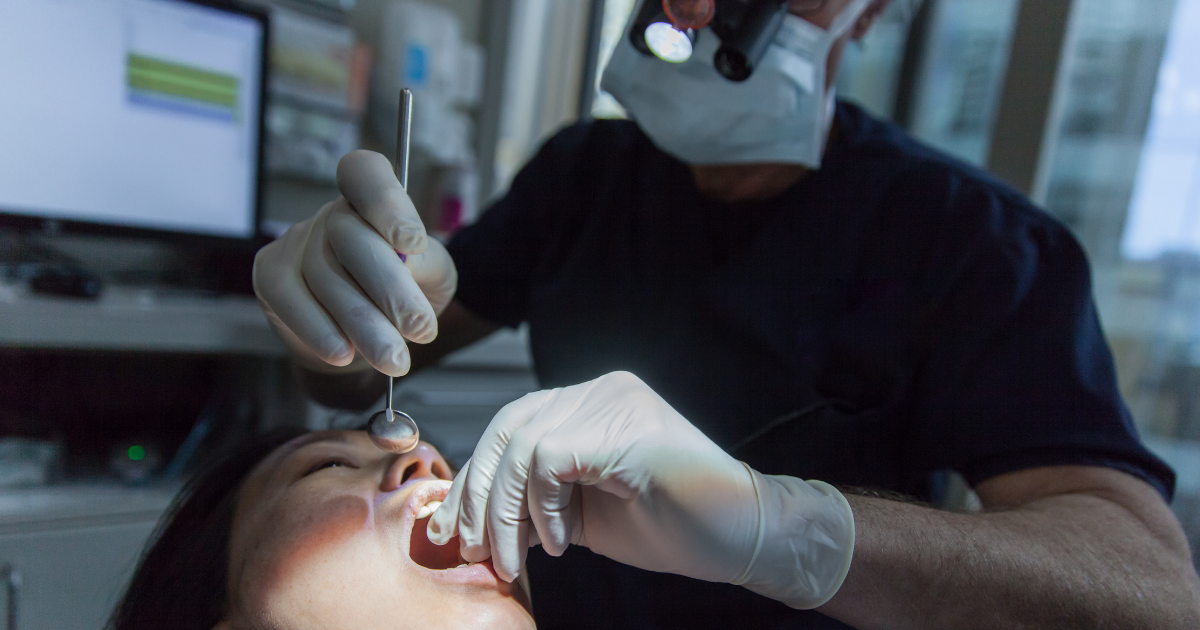Some people are born with a misalignment of the jaw bones, also referred to as a bad bite or malocclusion. Others have been in accidents that result in injury to the jaw. Out of position teeth can be corrected with braces. However, a bad bite is due to a different problem that requires adjustments to jaw bones.
Surgery used to correct bad bite conditions, called orthognathic surgery, can be performed on the upper jaw, lower jaw, or both depending on the condition. Upper jaw surgery can address the following issues:
- Protruding upper jaw
- Receded upper jaw
- Crossbite, in which rows of teeth overlap improperly
- Open bite, in which teeth do not meet properly
- Midfacial hypoplasia, a condition in which the middle of the face is undersized
Lower jaw surgery can address a protruding or receded lower jaw. Surgery can also change how much or little the teeth are exposed.
Should I Correct a Bad Bite?
Surgery to correct a bad bite provides a permanent fix to jawbone problems. A bad bite can cause serious health consequences including pain, oral hygiene problems, and tooth and gum decay. Corrective surgery can make biting and chewing easier, which aids in proper digestion. Surgery can also help ease problems with swallowing and speech and provide relief for obstructive sleep apnea. If the condition involves distorted or asymmetrical facial features of the jaw, surgery can result in improvements in appearance.
The oral and maxillofacial surgeon needs to evaluate the condition by taking X-rays, pictures, and models of your teeth. The surgeon will work with an orthodontist to develop a comprehensive treatment plan. When teeth need to be realigned, the correction will happen in stages. Wearing braces to realign teeth, they are applied for a year or so before surgery.
What Should I Expect in Surgery?
Orthognathic surgery is performed under general anesthesia in a hospital and will require an overnight stay. Most procedures are performed from inside the mouth to avoid facial scars. Rarely small incisions outside the mouth will be necessary.
The surgeon will make the predetermined cuts in the jaw bones and move them into correct position. To maintain the new alignment, small titanium bone plates and screws will be used. These will remain permanently in place and become integrated into the bone over time. Surgery may also add bone that is harvested from another part of the body.
What is Recovery Like from Surgery?
Pain and swelling can be expected after surgery. Medicine to reduce swelling and pain will be prescribed. Most swelling should resolve within two weeks after surgery. About 90 percent of the swelling should be gone in four to six weeks. However, it could take up to six months for the last bit of swelling to resolve.
Diet will be a liquid diet for the first few days, a non-chewing diet for the next few weeks, and gradual increases in soft-chew foods. You should be able to eat a normal diet within six weeks after surgery.
Are There Serious Complications?
Bad bite surgeries have a very low incidence of complications. Numbness in the lower jaw and lip can happen and usually resolves within a few weeks. In rare instances, numbness may take three or more months to resolve. Rarely, lower jaw surgery results in persistent numbness in the lower lip and chin.
Infections are rare. Antibiotics are usually administered during surgery to minimize the chance of infection. Patients must use an antibacterial mouth rinse and be diligent about oral hygiene to avoid infection. Close postoperative follow-up is important to catch any complications early and ensure the proper bite and jaw position are obtained and stable.
South Jersey Oral Surgeons at Lanzi Burke Oral & Maxillofacial Surgeons can Correct a Bad Bite
If you have a bad bite, the South Jersey oral surgeons at Lanzi Burke Oral & Maxillofacial Surgeons can provide a permanent solution. Our team has helped relieve many patients of discomfort, pain, and embarrassment from a bad bite. Call us today at 856-582-4222 or contact us online to make an appointment or schedule a consultation. With offices in Washington Township, Haddonfield, and Woolwich Township, New Jersey, we are dedicated to helping patients throughout South Jersey.


